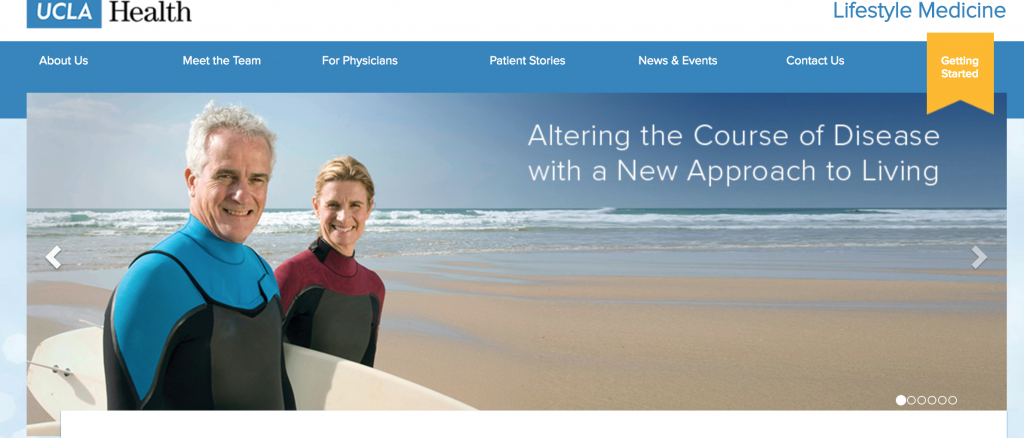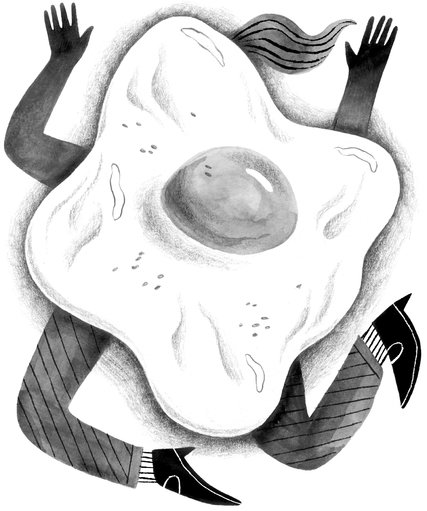
Dr. Dean Ornish’s Op-Ed in the New York Times Was the #1 Most Read, Most Emailed, Most Tweeted, and Most Facebooked
When the Dietary Guidelines Committee lifted the restriction on dietary cholesterol, many took it as a new lease on eating eggs and bacon.
Americans are actually consuming more fat, meat, and sugar than ever before.
Dr. Dean Ornish’s Op-Ed in the New York Times powerfully sets the record straight, explaining, alas, that “bacon and egg yolks are not health foods,” and the truth is that Americans are actually consuming more fat, meat, and sugar than ever before. It’s no surprise, therefore, that the obesity rate is skyrocketing and we are unhealthier than ever.
He explains:
Although people have been told for decades to eat less meat and fat, Americans actually consumed 67 percent more added fat, 39 percent more sugar, and 41 percent more meat in 2000 than they had in 1950 and 24.5 percent more calories than they had in 1970, according to the Agriculture Department. Not surprisingly, we are fatter and unhealthier.
But, as he says, the debate is not simply about low-fat versus low carb eating. The most vital take-way is understanding that animal protein hurts our health.
He writes:
The debate is not as simple as low-fat versus low-carb. Research shows that animal protein may significantly increase the risk of premature mortality from all causes, among them cardiovascular disease, cancer and Type 2 diabetes. Heavy consumption of saturated fat and trans fats may double the risk of developing Alzheimer’s disease.
A study published last March found a 75 percent increase in premature deaths from all causes, and a 400 percent increase in deaths from cancer and Type 2 diabetes, among heavy consumers of animal protein under the age of 65 — those who got 20 percent or more of their calories from animal protein.
And it’s not just the dietary cholesterol. Egg yolks and red meat increase heart disease and cancer in part because of the “increased production of trimethylamine N-oxide, or TMAO, a metabolite of meat and egg yolks linked to the clogging of arteries.”
He goes on to describe how red meat is high in a tumor-forming sugar called Neu5Gc that is “linked to chronic inflammation and an increased risk of cancer.”
He then makes the argument for a plant-based diet by explaining that it may prolong our lives by preventing disease because it blocks a key protein, mTOR, that is connected to aging. His research has also shown a plant-based diet prevents and reverses the most common chronic diseases, and will contribute to improving the health of our environment.
When fat calories were carefully controlled, patients lost 67 percent more body fat than when carbohydrates were controlled. An optimal diet for preventing disease is a whole-foods, plant-based diet that is naturally low in animal protein, harmful fats and refined carbohydrates. What that means in practice is little or no red meat; mostly vegetables, fruits, whole grains, legumes and soy products in their natural forms; very few simple and refined carbohydrates such as sugar and white flour; and sufficient “good fats” such as fish oil or flax oil, seeds and nuts. A healthful diet should be low in “bad fats,” meaning trans fats, saturated fats and hydrogenated fats. Finally, we need more quality and less quantity.
Read the full Op-Ed here.








